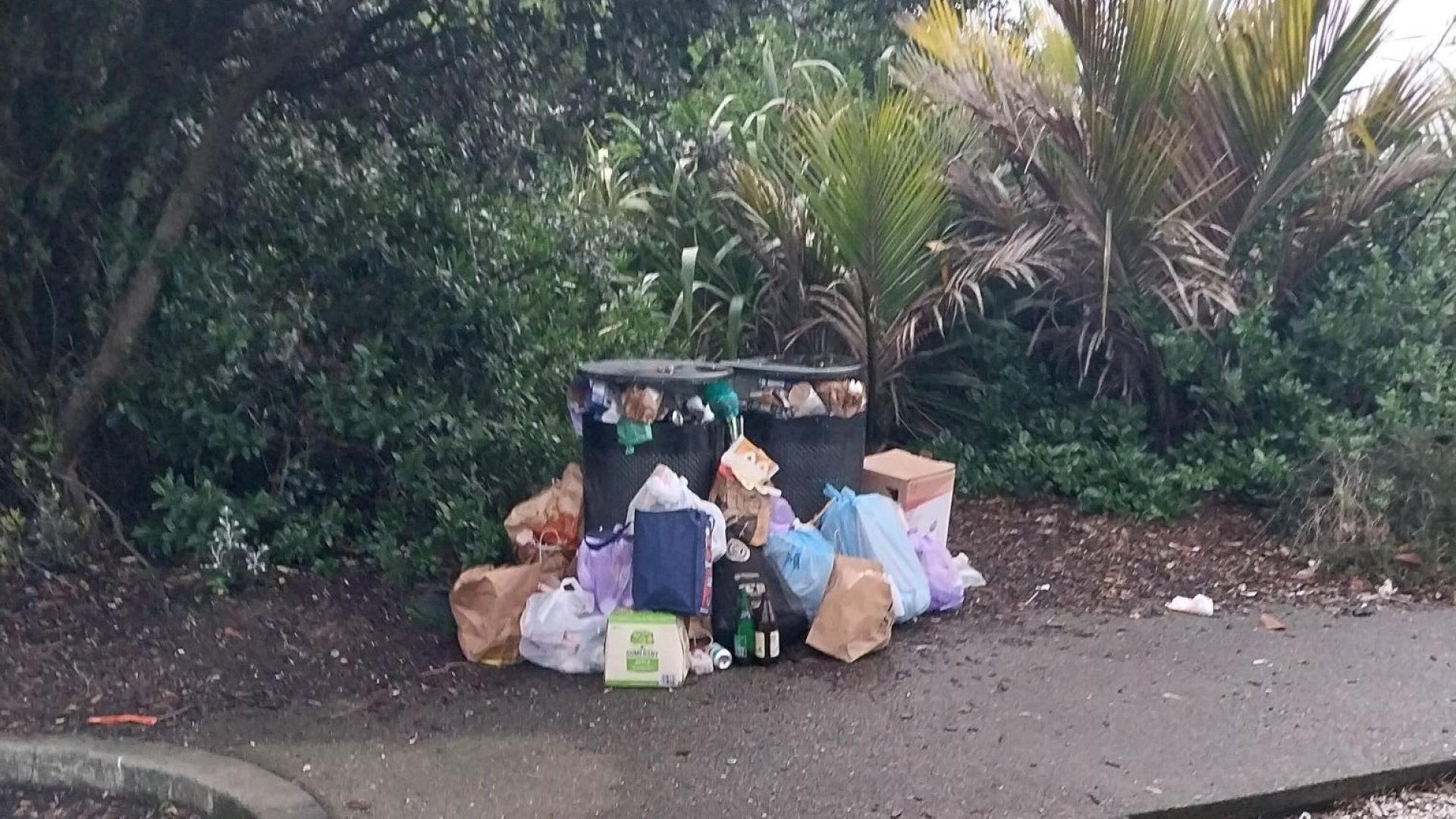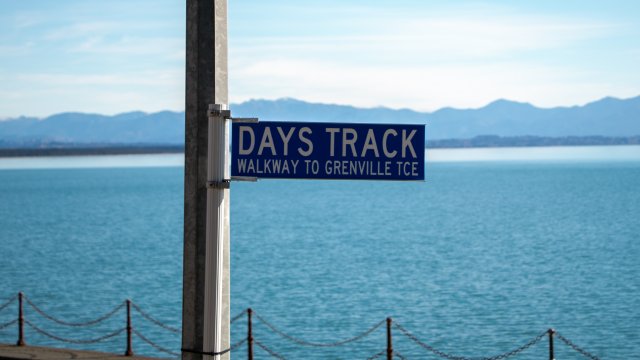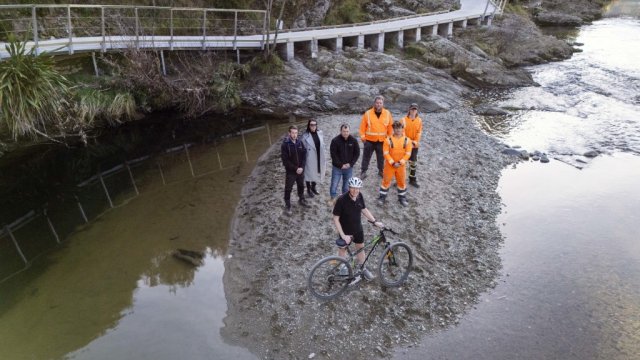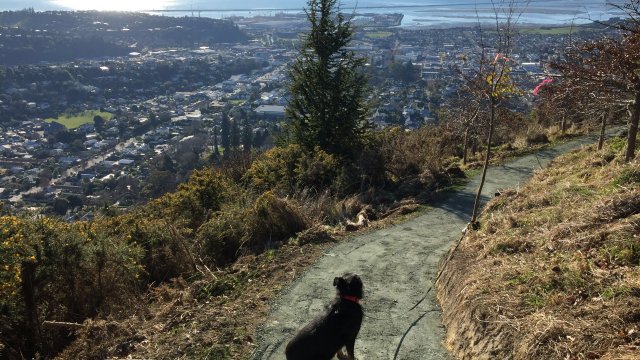Bins to be rationalised as Nelson’s parks and reserves move toward waste-free future
07/06/2024 4:23pm
Nelson City Council is removing bins from some of its parks and reserves following a review of its rubbish collection services and a rise in household rubbish dumping.
The decision follows a review of Council’s rubbish collection services last year, which found that of the more than 300 bins across Council’s parks and reserves, 35% were used very little, while 53% of the rubbish collected from parks and reserves was household waste.
Group Manager Community Services Andrew White says this has resulted in extra costs for the ratepayer and extra waste going to landfill.
“Nelmac is contracted to collect rubbish from parks and reserves, but this doesn’t include household waste. Consequently, household waste dumped on our parks and reserves is creating an extra cost over and above what we have budget for. Council and Nelmac have been spending upwards of $370,000 a year to empty rubbish bins in parks and reserves.
“In some instances, household rubbish dumping in our parks and reserves has meant multiple trips in one day to empty a rubbish bin, which is inefficient, bad for our environment, and costly. As well as household rubbish, we find rubbish that could be recycled if people had taken it home and put it into their recycling bins.”
From 10 June to 31 August this year, 66 rubbish bins will be removed from local parks, reserves, walkways and esplanades. This is expected to reduce collection costs by almost $41,500 over the year.
A list of the parks where this will occur is available on Shape Nelson. Many of the bins to be removed are in very small reserves and are primarily used by nearby residents. Some bins are being removed from larger destination parks and reserves, where Council is looking at supplying fewer, but larger, 240L bins which will require less frequent collection while still meeting demand.
This means anyone visiting our parks should be prepared to carry their litter away with them, Andrew says.
“We'd like people to follow the simple approach the Department of Conservation and some other Councils around the country apply to their parks and reserves (and we already operate on our more remote reserves); – pack-in, pack-out. This means whatever waste you bring with you, you take home at the end of your visit. Taking your litter home from the park, or better still, not bringing it at all, is a small act, but it can have big benefits to our environment, soil, waterways, and wildlife.”
Bin removal is being carried out in stages to ensure Council can efficiently mitigate any issues that arise. This approach has already been trialled across many parks and reserves in our network.
So far, 47 rarely used or disused bins have been removed from public gardens and sports parks throughout Nelson, saving $25,269 annually. This has included bins from several reserves where multiple bins were historically positioned close together, which meant some of the bins being serviced were often almost empty.
Andrew says the changes have so far gone well, with a temporary increase in littering in some areas diminishing as people adjusted to the change.
Bins removed from areas where people have been dumping household waste will be monitored closely. Notices to remind people there is a $400 fine for illegal dumping have already been placed on some bins in dumping hotspots and will be rolled out further as necessary.
We appreciate that the cost of waste disposal has gone up for everyone, and Council supports a range of waste minimisation resources to help the community reduce the amount of waste they are producing.
Our Alternatives to Landfill pamphlet is a comprehensive guide to help you reduce and reuse before you need to recycle and dispose and includes a list of local recycling and waste facilities.
Case study - Marsden Valley Cemetery:
In June 2023, Council replaced 28 rubbish bins in Marsden Valley Cemetery with a large capacity rubbish and recycling hub near the main cemetery entrance.
Marsden Valley is an area where the number of rubbish bins had increased over time to where bins were, in some cases, situated within 100 metres of each other. Emptying these bins was costing $15,000 a year. The installation of the hub has reduced that cost by 90 per cent to around $1500 a year. The money saved has been used for additional planting and cemetery upkeep.
While there have been some instances of people leaving rubbish where the bins used to be - primarily bags of dog poo and old flowers - generally we have found that people are using the new rubbish and recycling hub and are recycling correctly or are taking their rubbish home with them.




